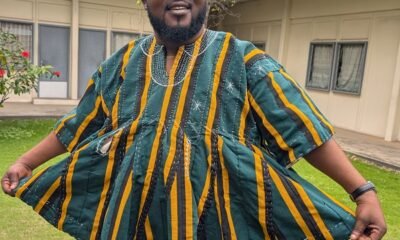News
Akatsi South records zero maternal deaths in three years- 66 new HIV cases
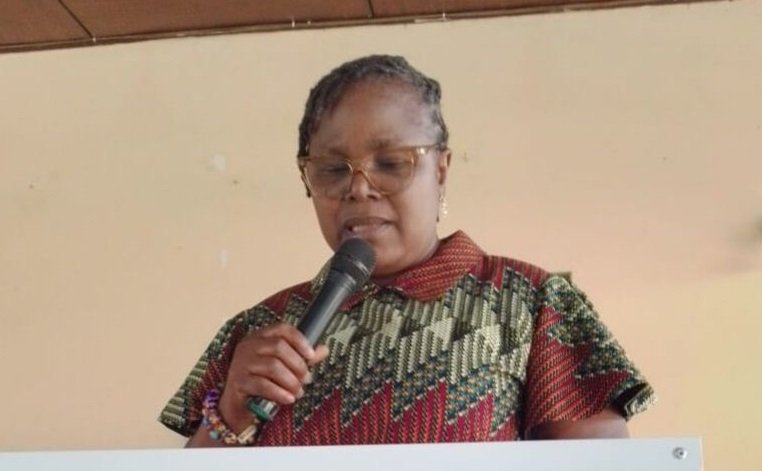
The Akatsi South Municipal Health Directorate has revealed that there were zero maternal deaths between the period of 2023 to June 2025.
Antenatal Care (ANC) registrants, however, saw a 63.3 per cent rise from 1,071 in 2024 to 1,236 in 2025 between the period of January to June health performance review window.
In contrast, teenage pregnancy recorded a slight decrease from 161 in 2024 to 152 in 2025 under the review period.
This was disclosed during a half-year health performance review presentation by health officials from the Municipal Health Directorate at the Akatsi South Municipal Assembly Hall.
Under the maternal health services, the year 2023 saw the highest figure of 1,071 skilled deliveries against 1,039 in 2024 and 1,029 in 2025 for the period.
The presentation also revealed that there were 1,039 deliveries in 2024 as compared to 1,029 in 2025 representing 54 and 52.7 per cent respectively.
Concerning HIV testing and counselling, Ms Sefakor Justine Alornyo, the Akatsi South Director of Health, disclosed to the Ghana News Agency (GNA) that their outfit had identified 66 new HIV cases compared to 51 in 2024 with the latest figure showing 45 females and 21 males between January to June.
“All are currently on treatment, including nine pregnant women who tested positive. All HIV positive cases are on treatment including five babies who are put on prophylaxis.
On immunisation, MS Alornyo said all 1,029 deliveries in the municipality were immunised with BCG, Penta, and Measles-Rubella vaccines.
However, a key issue of concern to be addressed by all stakeholders according to Ms. Alornyo, was centered on High Teenage Pregnancy Rates.
“The Akatsi South Municipality continues to record high teenage pregnancy. The year under review recorded a total of 339 teenage pregnancies. Sad as it may be, two girls aged 10-14years were pregnant and 144 teenagers came to deliver of which one was between 10 -14 years of age,” she added. -GNA
News
Beyond NPP, NDC: 2 ‘Gen Z’ MPs unite to prioritise purpose over politics

In a rare display of cross-party collaboration, two Members of Parliament from opposing political traditions have set aside partisan differences to champion a shared cause—empowering women and transforming communities.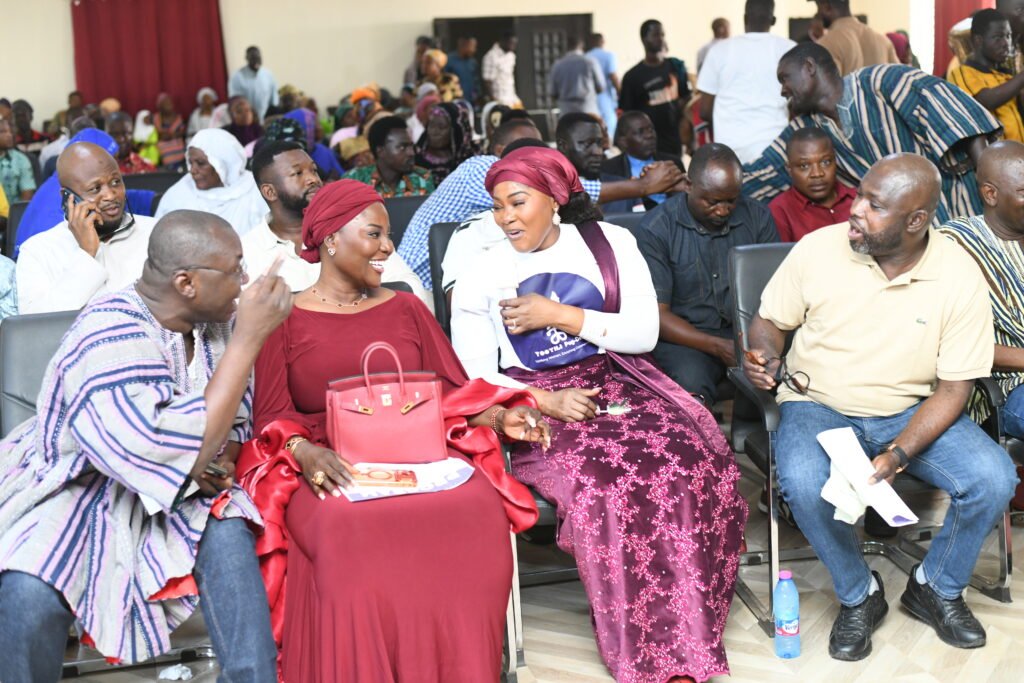
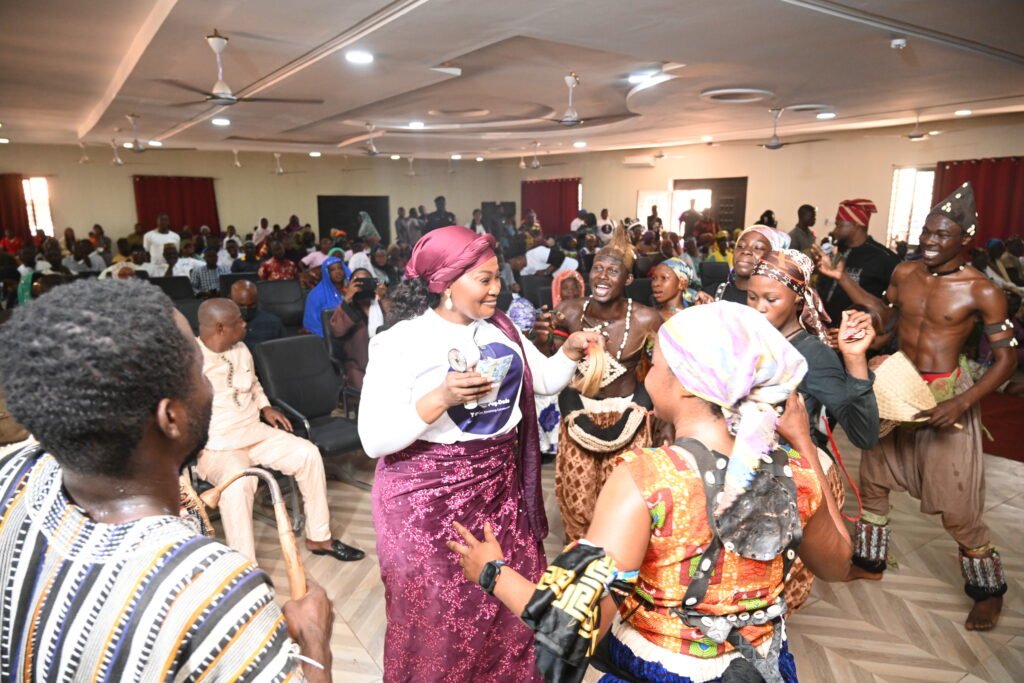
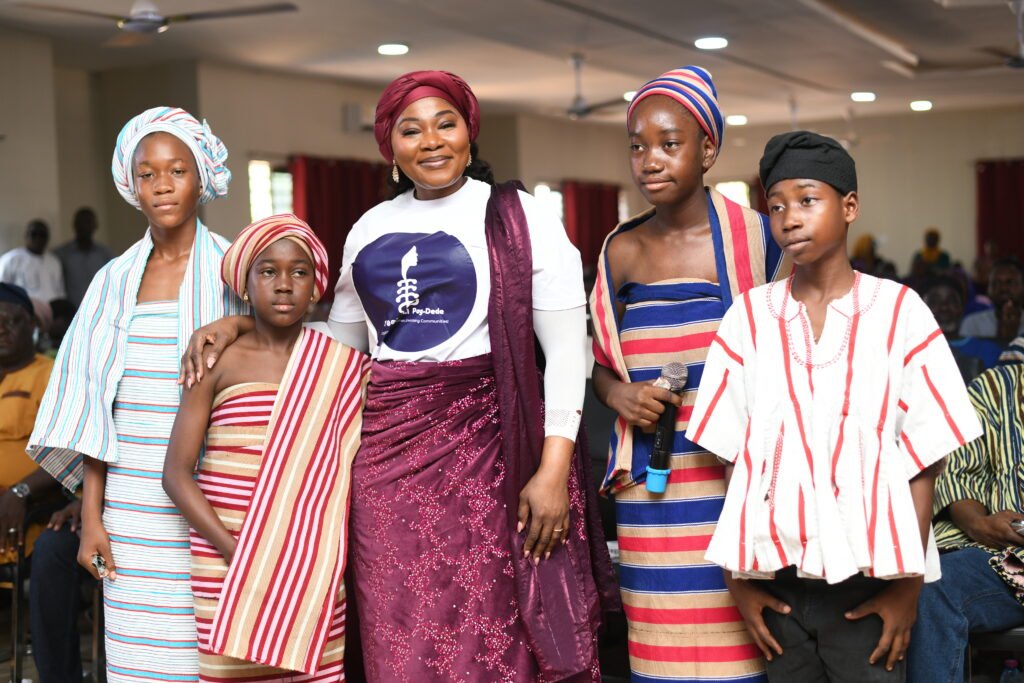
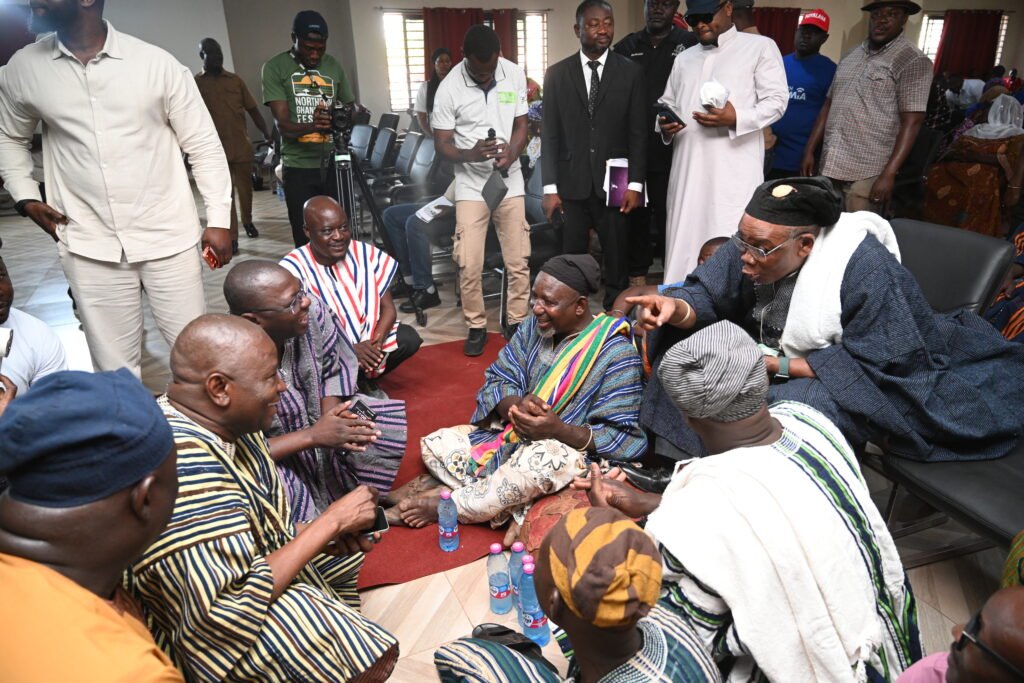
On February 14 (Valentine’s Day), the Savelugu Community Centre hosted the official launch of the Yooyili Pag-Dede Foundation, an initiative designed to expand economic opportunities for women, strengthen early childhood education, nurture youth creativity, and improve access to clean water.
Leading the effort was Abdul Aziz Fatahiya, Member of Parliament for Savelugu (New Patriotic Party), who was joined in solidarity by Dorcas Affo-Toffey, Member of Parliament for Jomoro and Deputy Minister for Transport.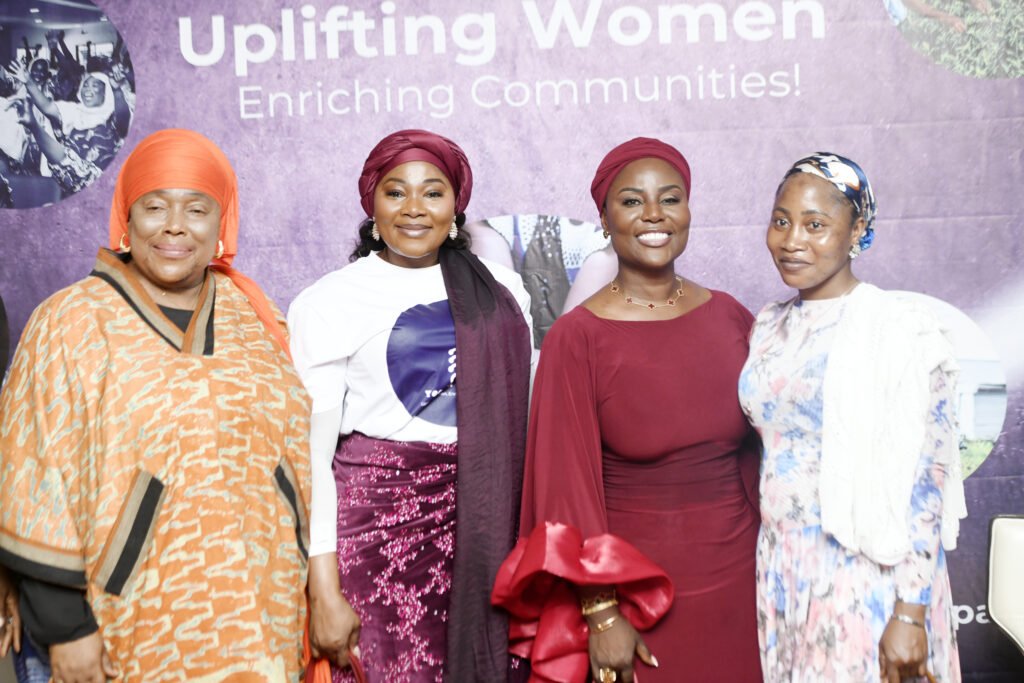
The partnership has drawn attention not only for its development focus but also for its symbolism—a bipartisan alliance centered on people-first leadership.
In her address, Fatahiya emphasised that while the people of Savelugu were hardworking and resilient, many women and young people lack structured opportunities to maximise their potential.
“Our women are determined, but determination alone is not enough. We must build systems that give them access to resources, skills, and markets,” she stated.
She explained that the Yooyili Pag-Dede Foundation will operate through five core programmes, including potable drinking water.
The foundation also seeks to promote financial independence for women and ensure the inclusion of persons with disabilities in community development efforts.
Key initiatives include:
- She Grows: supporting women farmers with training and modern agricultural initiatives.
- Style of Dagbon: a hub for women’s fashion entrepreneurship and creative enterprise.
- Story Weavers of Yooyili: empowering children aged six to 15 as storytellers, artists, and cultural ambassadors.
- Dagbon Karizung: strengthening pre-school education across Dagbon communities.
- Clean Water Project: expanding access to safe and potable water.
Delivering the keynote address, Mohammed Amin Adam, the Member of Parliament for Karaga and former Finance Minister, underscored the central role of education in breaking the cycle of poverty.
He urged parents to prioritise investment in their children’s future and commended Madam Fatahiya for the initiative, supporting it with a donation of GH¢20,000.
Madam Affo-Toffey praised the project, describing it as a commendable initiative worthy of emulation, particularly by female MPs across the country. With an initial GH¢20,000 donation, she noted that the initiative had inspired her to explore similar development models within her own constituency.
Prior to launching the foundation, Madam Fatahiya organised a free breast cancer and chronic disease screening programme that benefited more than 3,000 women across Savelugu.
She described the foundation as an extension of that commitment, aimed at addressing systemic barriers to women’s advancement through practical and sustainable solutions.
In a lighthearted moment that drew laughter and applause, Madam Fatahiya referred to herself and her colleague as “the Gen Z MPs.”
“WE may belong to different political parties, but today we are the Gen Z MPs that collaborate, innovate, and we don’t wait,” she remarked.
She added that a new generation of women political leaders are willing to bridge divides in pursuit of measurable impact.
Also present at the launch was Habib Iddrisu, Member of Parliament for Tolon, who noted that the initiative signals a shift toward issue-based governance to one that prioritises development outcomes.
The event attracted several dignitaries from both political parties, including the Northern Regional Chairman of the NPP, as well as former MCEs and DCEs.
In an era frequently characterised by political polarisation, the bipartisan cooperation witnessed in Savelugu offers a compelling alternative narrative, when leaders unite around shared values and community needs, transformation becomes possible.
From: Geoffrey Buta, Savelugu
Join our WhatsApp Channel now!
https://whatsapp.com/channel/0029VbBElzjInlqHhl1aTU27

News
Teenage pregnancy cases rise in Akatsi South, exceeds national target
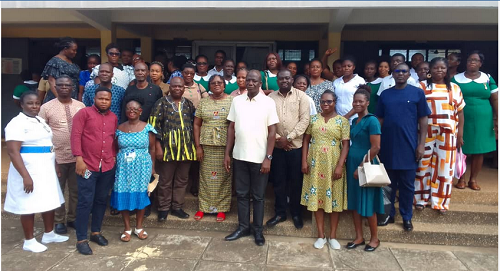
THE Akatsi South Municipality recorded 314 teenage pregnancies in 2025, exceeding the national target despite intensified efforts by health officials to curb the situation.
“Sad as it may be, six girls aged 10–14 years were pregnant, and 269 teenagers delivered, of which five were between 10–14 years, all making up 12.1 per cent against the national target of reducing below 11.5 per cent,” Miss Justine Sefakor Alornyo, Municipal Director of Health Services, disclosed during the 2025 health performance review at the Akatsi South Municipal Assembly Hall.
Under Antenatal Care (ANC), 2,594 pregnant women were registered in 2025, representing 65.9 per cent coverage, up from 2,278 in 2024 with 58.4 per cent coverage.
The Municipality recorded 2,071 supervised deliveries in 2025, a slight increase from 1,997 in 2024. All 2,071 newborns received BCG, Penta, and Measles-Rubella vaccines.
Miss Alornyo attributed the gains to continuous education and advocacy across the Municipality.
On HIV, 151 cases were identified—108 females and 43 males. All are on treatment, including 15 pregnant women who tested positive. Eighteen exposed babies have been placed on prophylaxis.
She added that 60 tuberculosis cases were managed, while investigations into six suspected measles cases, two yellow fever cases, and one Acute Flaccid Paralysis (AFP) case all tested negative.
Highlighting achievements, Miss Alornyo thanked stakeholders, especially the Municipal Assembly, for supporting service delivery. In 2025, the construction of CHPS compounds at Zuta, Ahlepedo, and Asafotsi, as well as the renovation of the Wute Health Centre, is ongoing.
Midwives were posted to Wuxor, Gui, Dzogadze, Akuave, and Livega CHPS facilities, while Dzogadze and Gui CHPS were officially handed over for service delivery.
The annual review assessed progress, achievements, gaps, and innovative strategies to address health challenges.
Akatsi South Municipality is served by 40 health facilities: two hospitals (one private and one municipal), six health centres, 27 CHPS compounds, one CHAG facility, and four clinics.
Infrastructure deficits and transportation challenges remain key concerns.
—GNA
Join our WhatsApp Channel now!
https://whatsapp.com/channel/0029VbBElzjInlqHhl1aTU27


